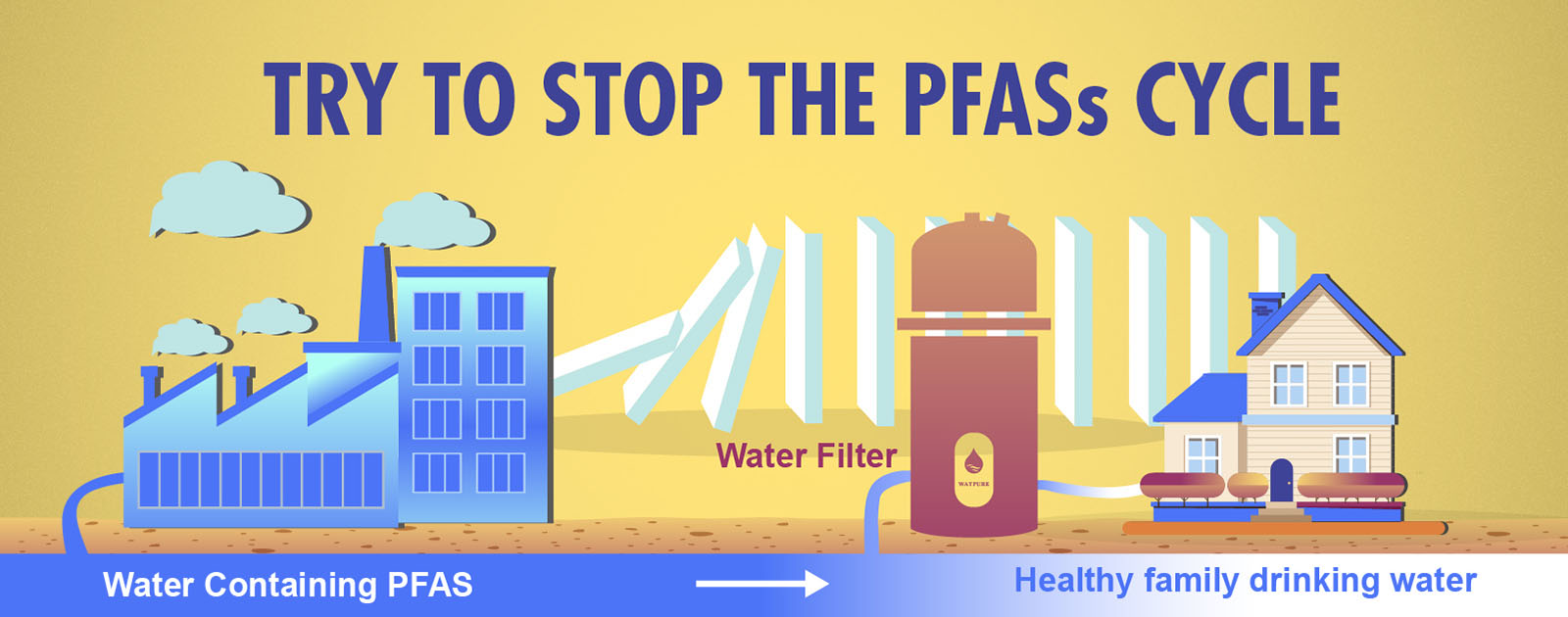PFASs are now Everywhere and in Everyone
The 'forever chemicals' in 99% of British people.


In 2022, an American study has shown that the impact of per- and polyfluoroalkyl substances (PFASs) in rainwater has exceeded the levels above newly finalized health advisories in the U.S. and drinking water limits in Europe. Even Antarctica as far south as the Earth is affected by widespread PFASs.
- What are PFASs?
PFASs (Per- and polyfluoroalkyl substances), commonly known as “forever chemicals” are synthetic substances with stable chemical properties. It is widely produced as a Surface Coating, such as Clothes, Protective Films, Food Packaging Materials, Non-stick Cooking Utensils, Fire-fighting Foam, etc., due to its waterproof, oil-proof, low-friction properties. - How did they Get into Our Lives?
In the process of producing PFAS products, wastes containing PFASs may pollute the soil and groundwater in the surrounding environment, and then enter the animals and plants through the ecological chain and food chain. Traces of PFAS have also been found in food contact materials, and clothes, and now are unfortunately almost everywhere in our lives. - May Cause…
Although humans benefit from the availability of PFAS products, their non-degradable nature also makes them less likely to be naturally decomposed by the environment, animals, and plants. Studies have shown that these chemicals can be dangerous, and long-term exposure to PFAS can cause cancer, weaken immunity, and by extension a host of other health problems. - Solutions: Using Colloidal Activated Carbon
Colloidal Activated Carbon (CAC) consists of activated carbon and is coated with non-toxic food-grade additives. The world's first in-situ PFAS treatment using CAC technology has achieved 100% PFAS filtration efficiency (parts per trillion to undetectable levels). With colloidal activated carbon, the PFAS problem can be effectively and sustainably addressed. - Reference: How to Treat PFAS in Your Drinking Water
PFAS Are Everywhere. Now What?
You’re probably awash in ‘forever chemicals.’ Here’s why that matters